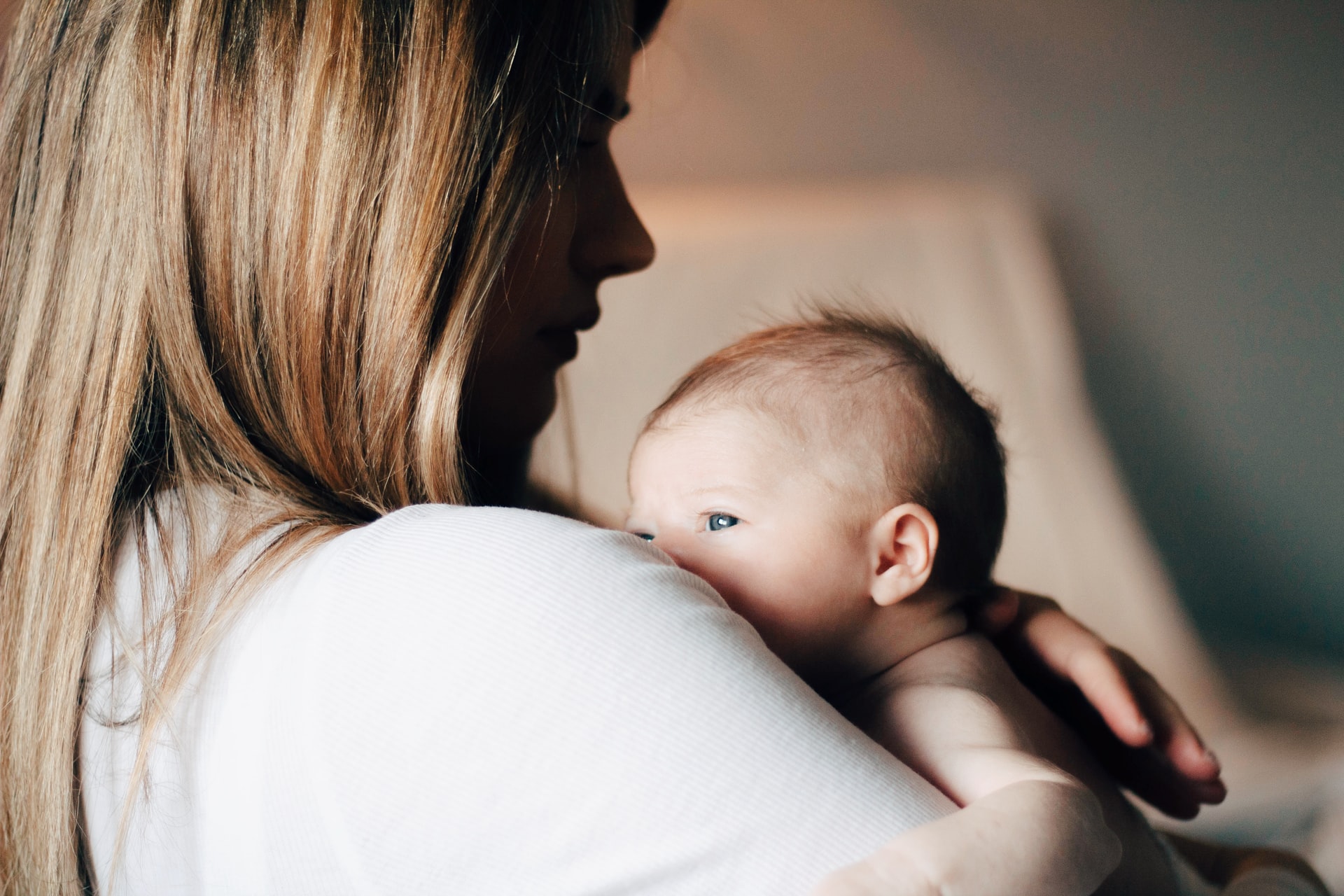
21 Sep How Mold Affects Newborns
Mold can have serious, lifelong effects on babies and newborns. Exposure can lead to allergies, asthma, croup, pneumonia, and bronchitis. If you think you might have mold in your home, Pure Maintenance NE can help. We provide inspections, air quality tests, and mold remediation services so you can make your home a safe place for your baby.
Mold and Newborns
Because a baby’s immune system develops during their first year of life, mold exposure can have severe effects on their health. Respiratory infections in infants leave a lasting impression on their immune systems, so protecting them from mold exposure is very important. Mold can trigger preexisting allergies or asthma attacks and cause allergic reactions. Even babies who are not allergic can develop allergies if they are exposed to mold.
Mold and Babies
Mold exposure has been linked to croup, pneumonia, and bronchitis in babies. Exposure to the mycotoxins in mold complicates these lung infections and compromises your baby’s immune system. If your baby is coughing, wheezing, or has difficulty breathing, it could be due to toxic mold.
Mold and Children
A 2016 study shows the connection between mold and asthma in school-age children. If your child is experiencing shortness of breath, cough, muscle aches, fatigue, fever, night sweats, or weight loss, they could have pneumonia or a serious mold-related illness. Take your child to a doctor immediately if these symptoms appear.
How to Identify Mold in Your Home
Often undetectable to the human eye, you might notice signs of mold first by its musty, stale smell. Mold grows quickly in damp places like the bathroom, kitchen, and basement. It can even grow inside your walls and vents! If you think you might have mold in your home, contact us today so we can help keep you and your baby safe and healthy.
Images used under creative commons license – commercial use (9/21/2021). Photo by Hollie Santos on Unsplash




No Comments